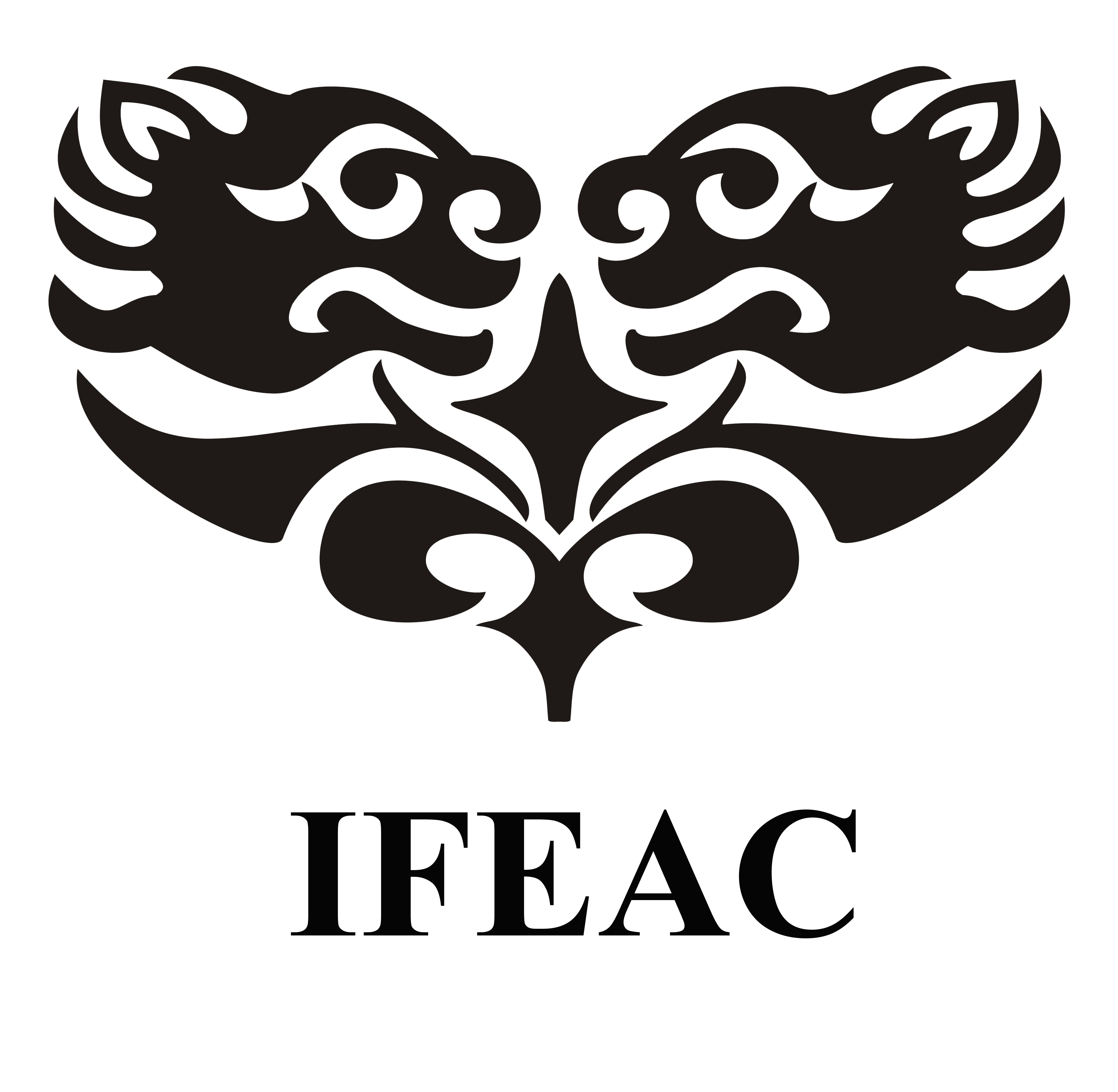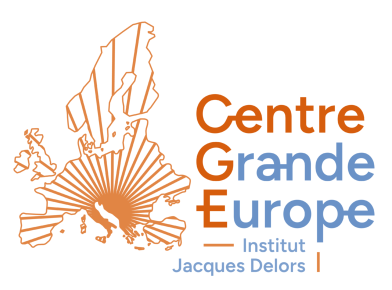Responsables scientifiques de l'événément : Bayram Balci et Adrien Fauve
in UN Peace Operations
Professor Chiara Ruffa, Centre for International Studies (CERI), Sciences Po.
Pernilla Rydén, Director, Challenges Forum International Secretariat
Scientific coordinator: Chiara Ruffa, Sciences Po-CERI
If you wish to follow the conference via zoom, please register by following the link below:
If you would like to attend the conference in person, please register using the links below:
Venue : Sciences Po - Salons scientifiques, 1 Place Saint-Thomas d'Aquin, 75007 Paris
In partnership with the Jacques Delors Institute/Grande Europe
Introduction and Welcome (9h15-10h)
Stéphanie Balme, Director of CERI-Sciences Po
Sylvie Mately, Director of Jacques Delors Institute
Keynote Introductory remarks: Eastern Promisses 20 years on
1. EU ‘transformative power’ and Domestic Political Trends in Central Europe (10h – 11h30)
Jacques Rupnik (Sciences Po-CERI)
Daniel Hegedüs (GMF Berlin)
Jaroslaw Kuisz (University of Warsaw)
Ondrej Dytrich (Institute of International Relations, Prague & EUISS
Chair: Lukas Macek , Sciences Po / Institut Jacques Delors
2. Central Europe 20 years later: Foreign Policy Orientations (11h45-13h)
David Cadier (University of Groningen and Sciences Po-CERI)
Jana Kobzova (Office of the President of Slovakia)
Tomas Petricek (Former Foreign Minister of the Czech Republic and Prague Institute of International Relation)
Maria Malksoo (University of Copenhagen)
Chair: Christian Lequesne (Sciences Po-CERI)
--- Lunch break ---
3. Enlargements and Public Opinion in EU and Candidate Countries (14h30)
Bruno Cautrès CEVIPOF - Sciences Po)
Bojana Zoric (EUISS)
4. The “Ukrainian Moment”: Prospects for Future Enlargements (15h45-17h30)
Volodymyr Yermolenko, ukraineworld.org, Kiev
Olga Onuch (Manchester University)
Nikola Dimitrov (Former Foreign Minister of Macedonia)
Florent Parmentier (Sciences Po - CEVIPOF)
Pierre Mirel (Former EU Director of DG Enlargement)
Chair: Anne de Tinguy (Sciences Po-CERI)
Keynote - Conclusions: What rethinking enlargement means for the EU
Jean-Louis Bourlanges (Chair of the Foreign Affairs Committee, Assemblée Nationale)
Scientific coordinators: Jacques Rupnik and David Cadier











 25/04/2024
25/04/2024 09:00
09:00 






